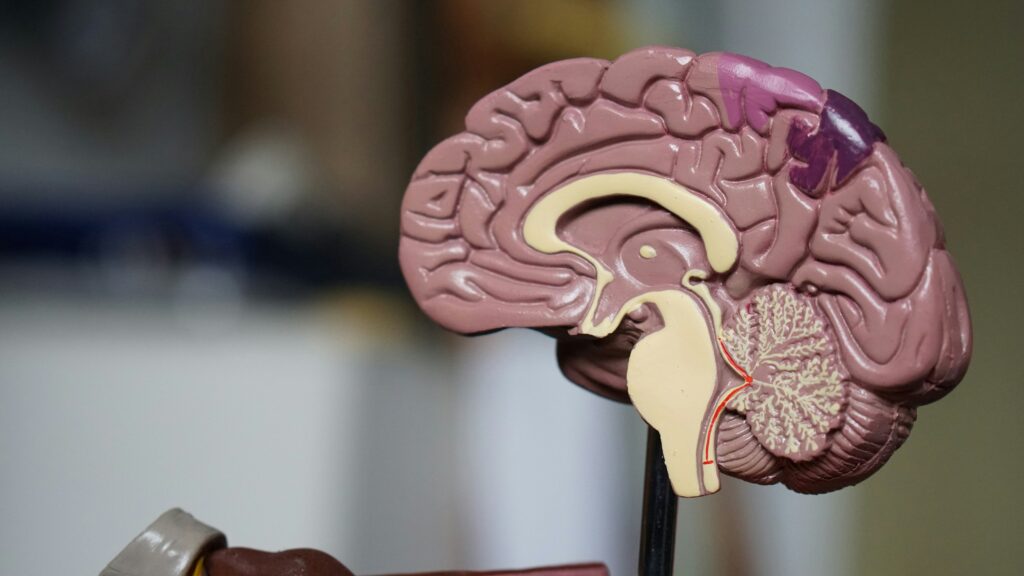The “Insanity Defense” – Guilty Except Insane: A.R.S. 13-502
One defense the state of Arizona allows for in criminal cases is the “guilty except insane” (GEI) defense, sometimes referred to colloquially as the “insanity defense.” This defense states that the defendant suffered from a mental illness (or similar) that was so severe that they were not aware that the act they committed was wrong.
According to A.R.S. 13-502, a person may be found guilty except insane if at the time of the commission of the criminal act the person was afflicted with a mental disease or defect of such severity that the person did not know the criminal act was wrong. Legal insanity is considered an affirmative defense, and legal insanity must be proven by clear and convincing evidence.
Mental defect, mental disease, and legal insanity under A.R.S. 13-502 does not include:
- Disorders that result from acute voluntary intoxication or withdrawal from alcohol or drugs.
- Character defects.
- Psychosexual disorders.
- Impulse control disorders.
- Momentary, temporary conditions arising from the pressure of the circumstances.
- Moral decadence.
- Depravity or passion growing out of anger, jealousy, revenge, hatred, or other motives in a person who does not suffer from a mental disease or defect or an abnormality that is manifested only by criminal conduct.
Insanity in Cases of Death or Serious Physical Injury
When a defendant makes a plea of insanity in a case that involves death, serious physical injury, or the threat thereof, and the court finds reasonable basis to support the plea, they may order the defendant to be committed to a secure mental health facility. At this facility, licensed metal health experts will observe and evaluate the defendant for up to thirty days, providing a written report to the attorneys involved.
If the defendant is not committed to a secure mental health facility, they may be appointed an independent mental health expert to observe and evaluate them. This expert will also provide a written report to the attorneys involved.
When “Guilty Except Insane” is Determined
If a defendant is found by the court to be guilty except insane, their sentence will be suspended and the defendant will be ordered to be placed and remain under the jurisdiction of the superior court. They will also be committed to a secure state mental health facility under the department of health services for the length of the normal sentence they would have received under normal circumstances.
Although guilty except insane defenses are highly difficult to prove and thus are not commonly used in criminal cases within Arizona, Rideout Law Group has experience with using this defense.
RIDEOUT LAW GROUP
With offices in Lake Havasu City and Scottsdale, our firm serves the entire state of Arizona, with a particular focus on criminal defense, family law, and juvenile cases.
Our goal is for the best outcome for your criminal case, which can include:
- charges that are reduced or dropped.
- top experts reviewing your case.
- aggressive negotiations with the prosecution for plea bargains.
- fines or probation in lieu of jail time.
At Rideout Law Group, our attorneys are able to expertly examine the evidence in your case to provide a strong strategy for argument that leads to an outcome that is most favorable to you. We have experience in all types of criminal cases for both adults and juveniles, with positive outcomes both in plea negotiations as well as jury trial settings.
Call us today for a free consultation at 480-584-3328.
